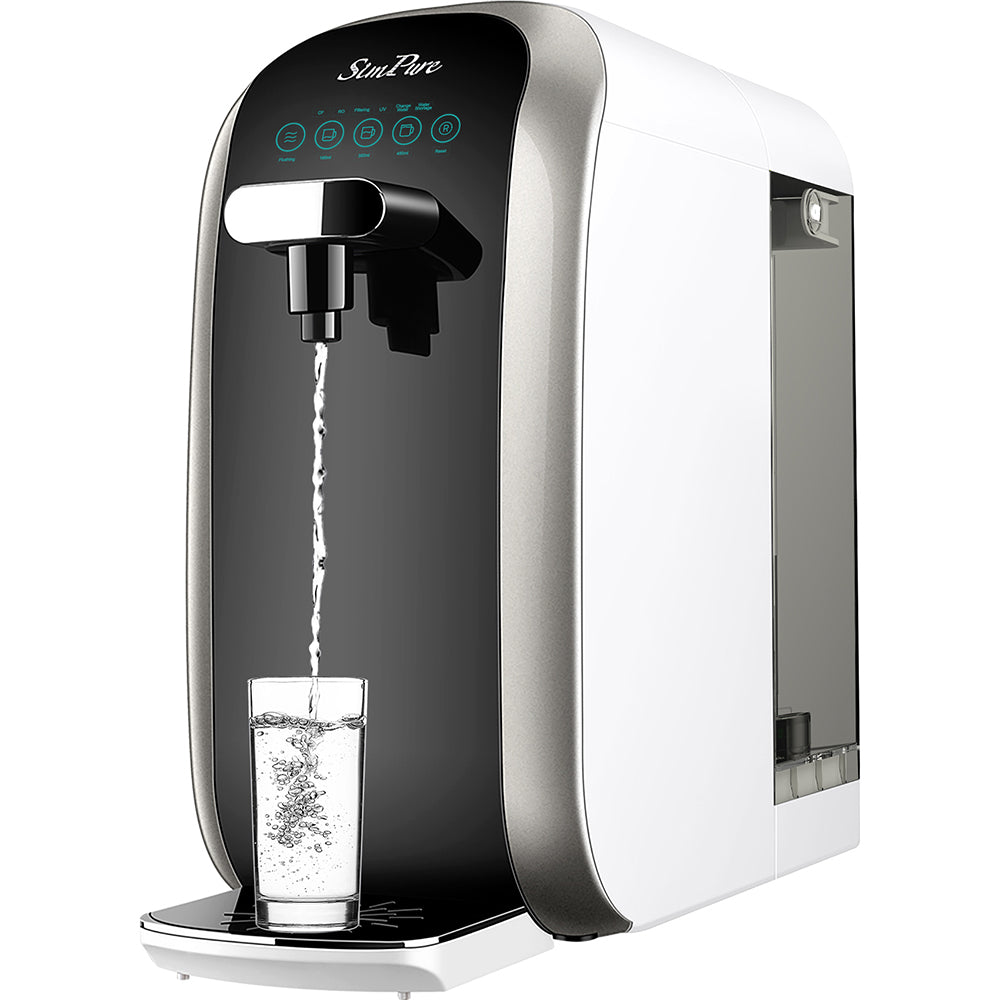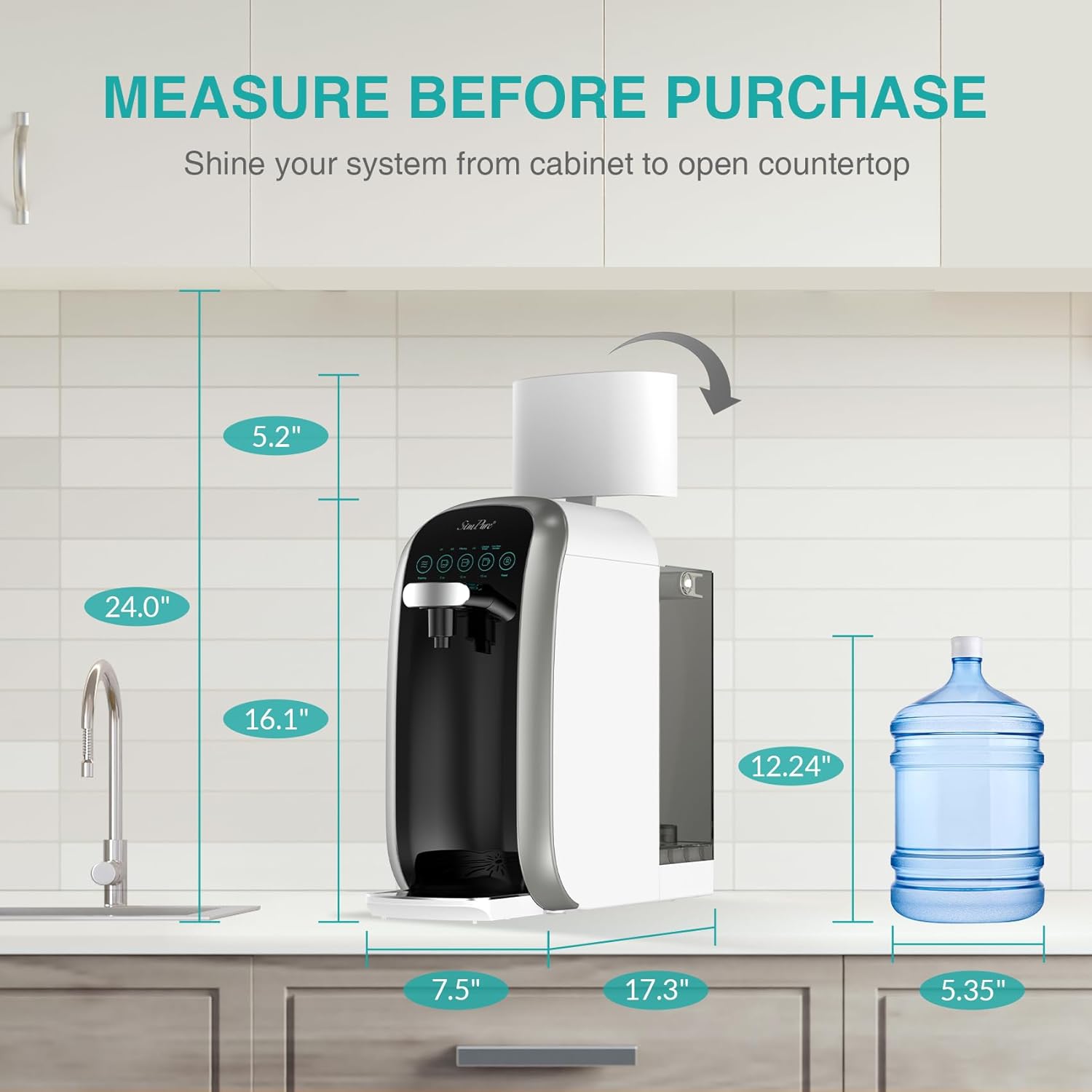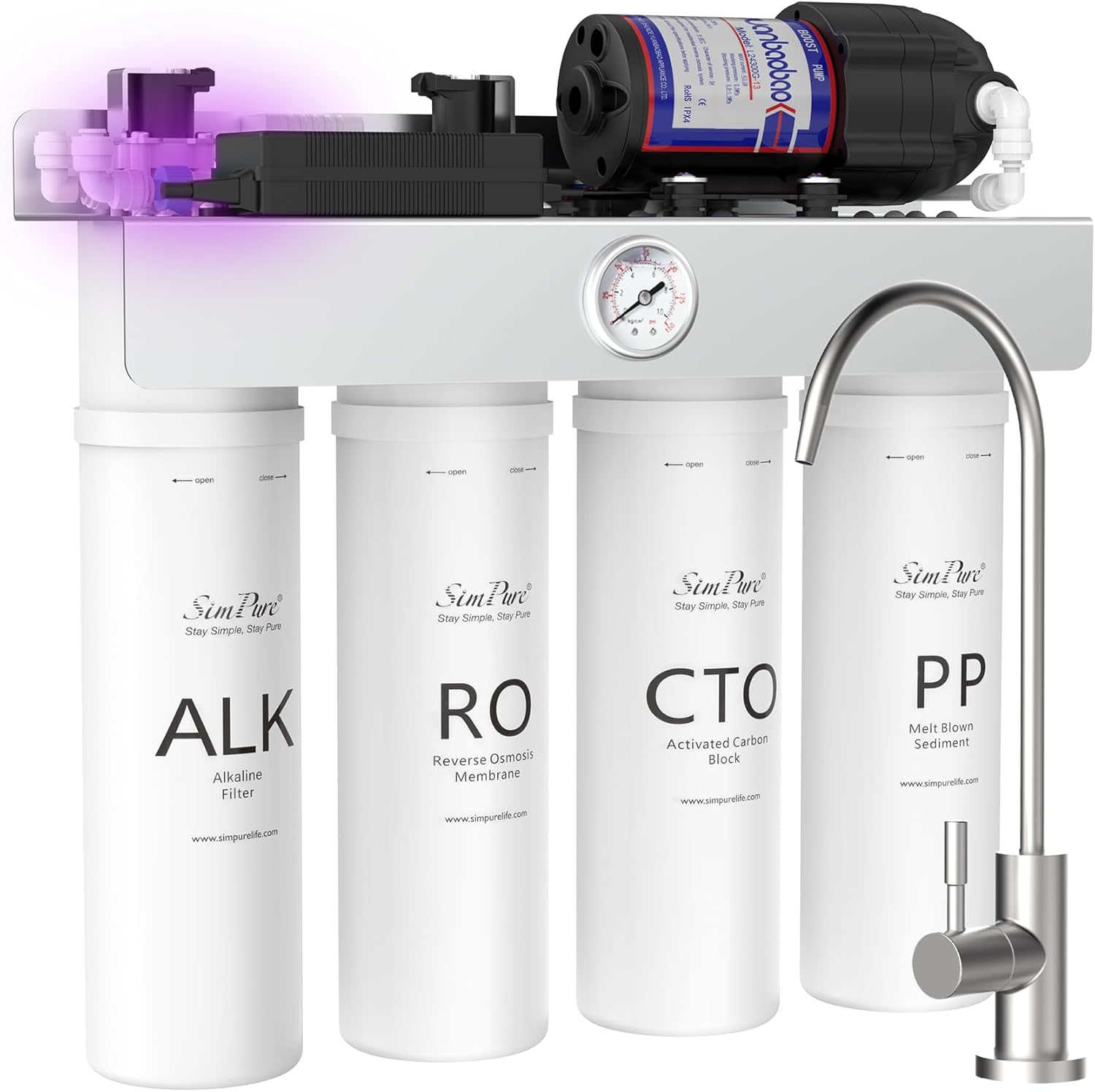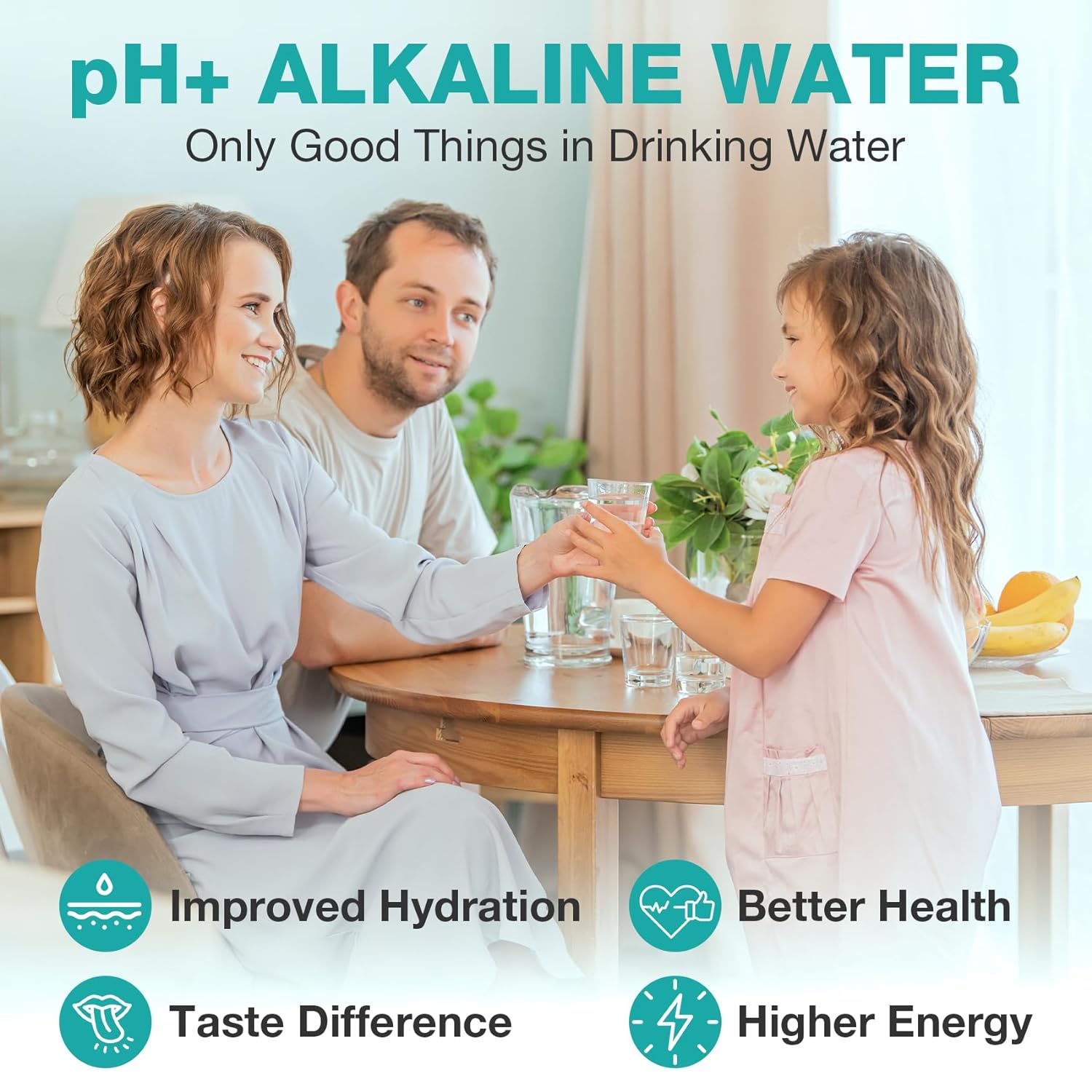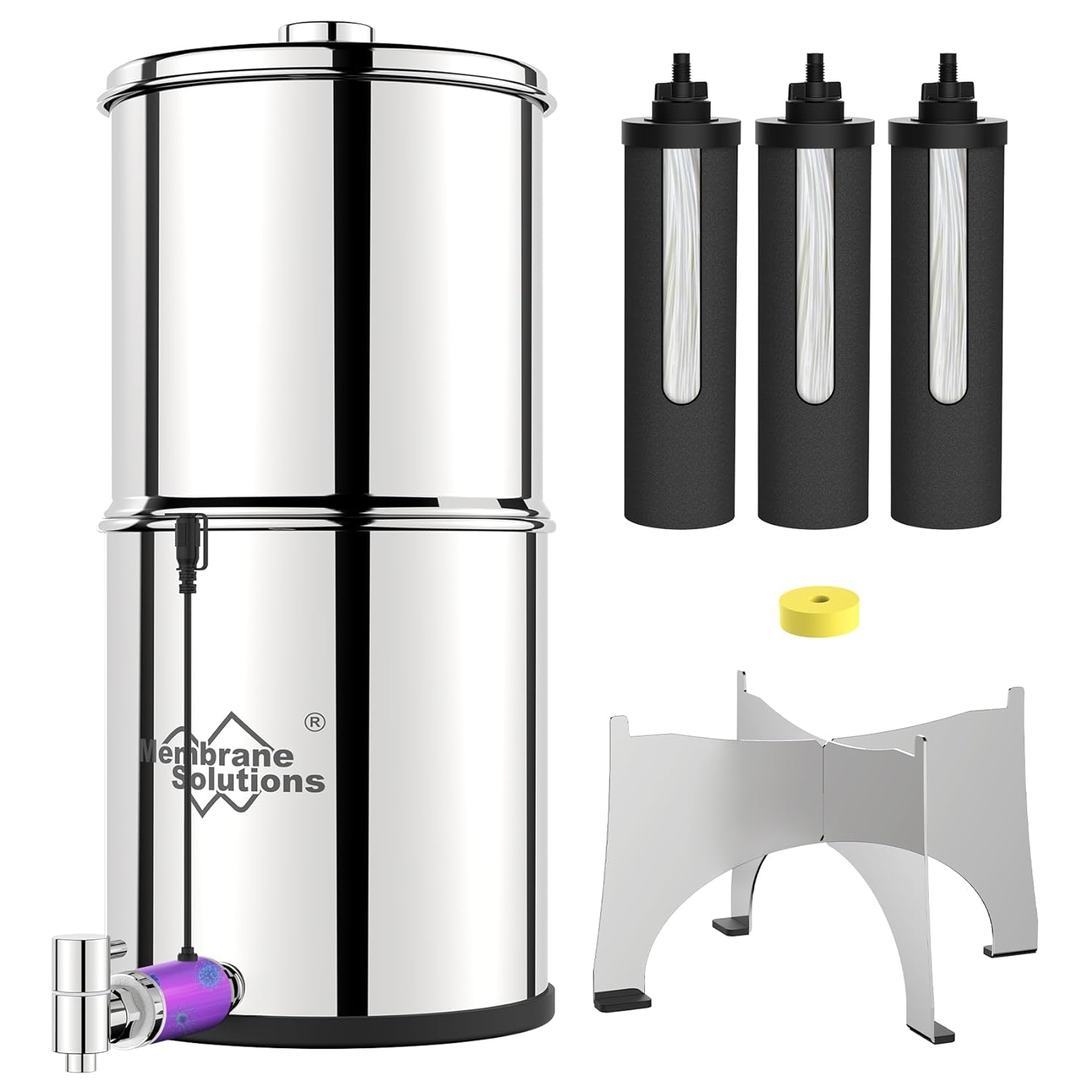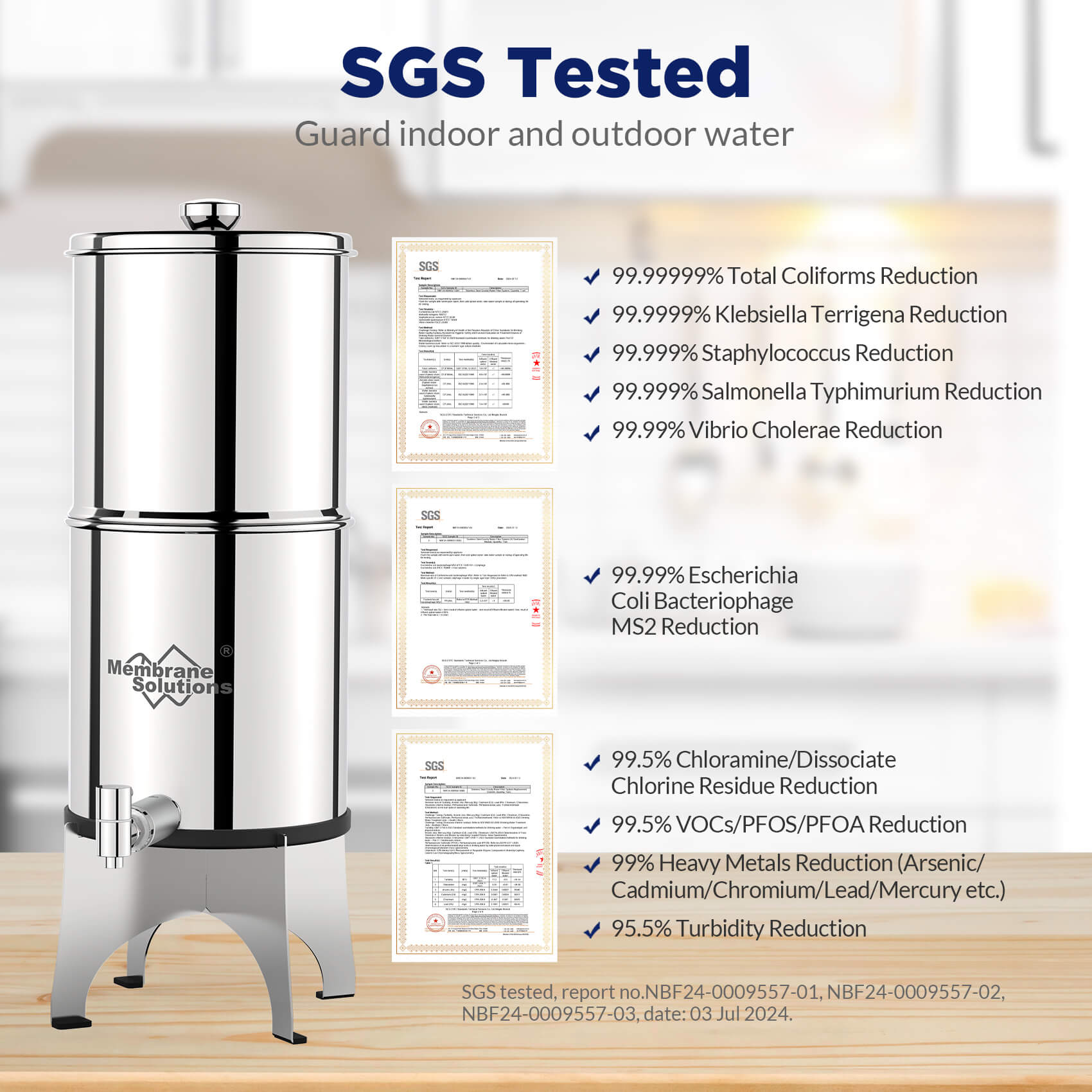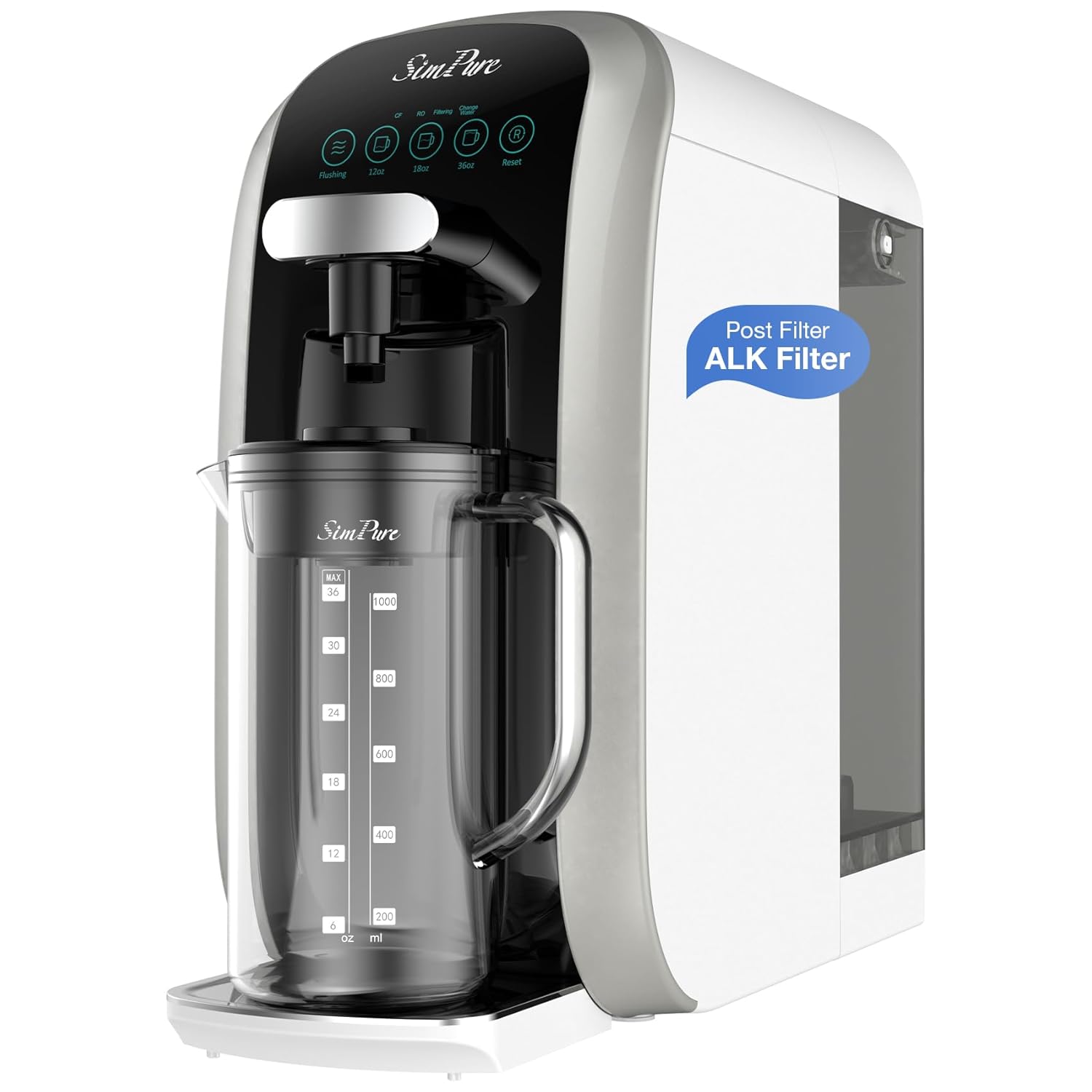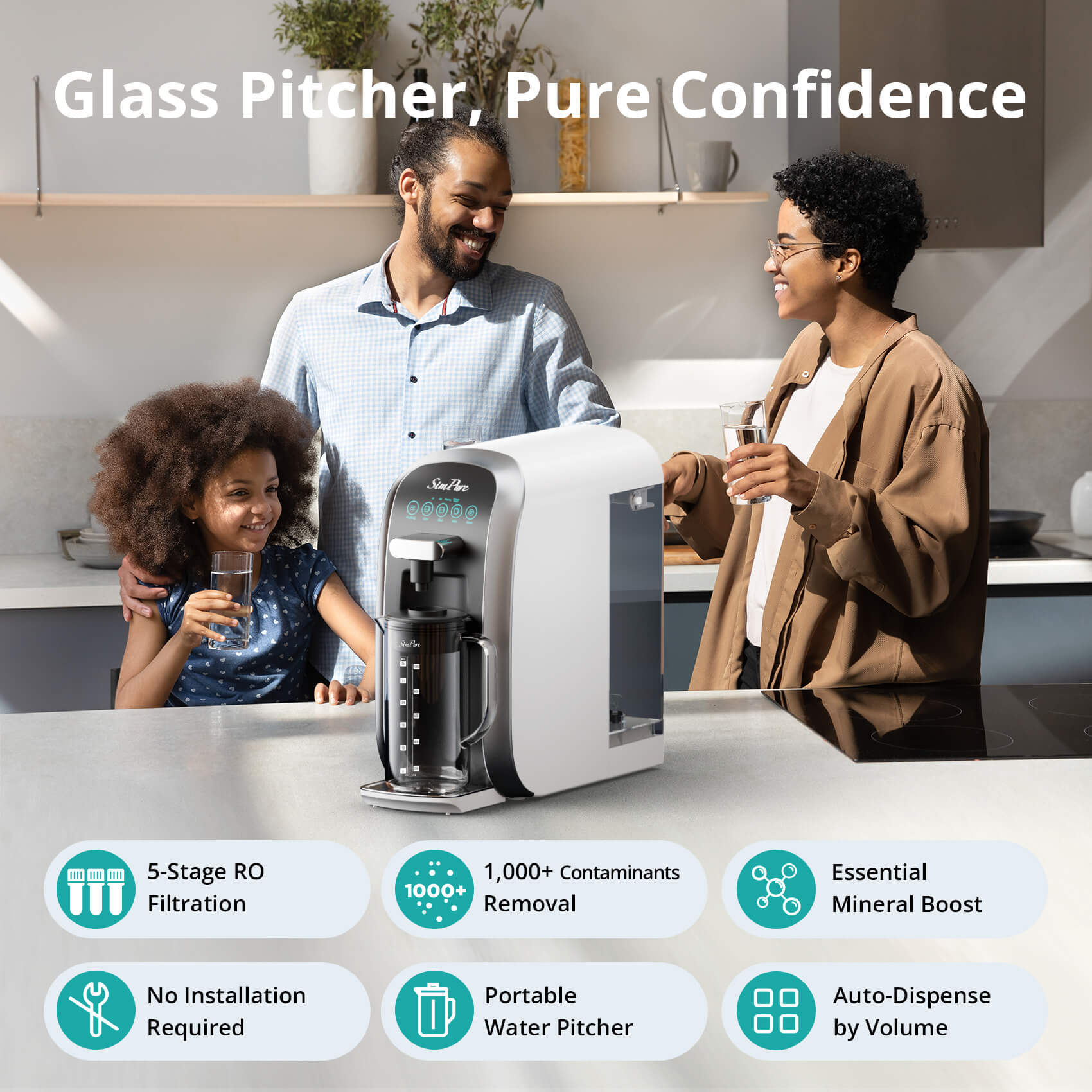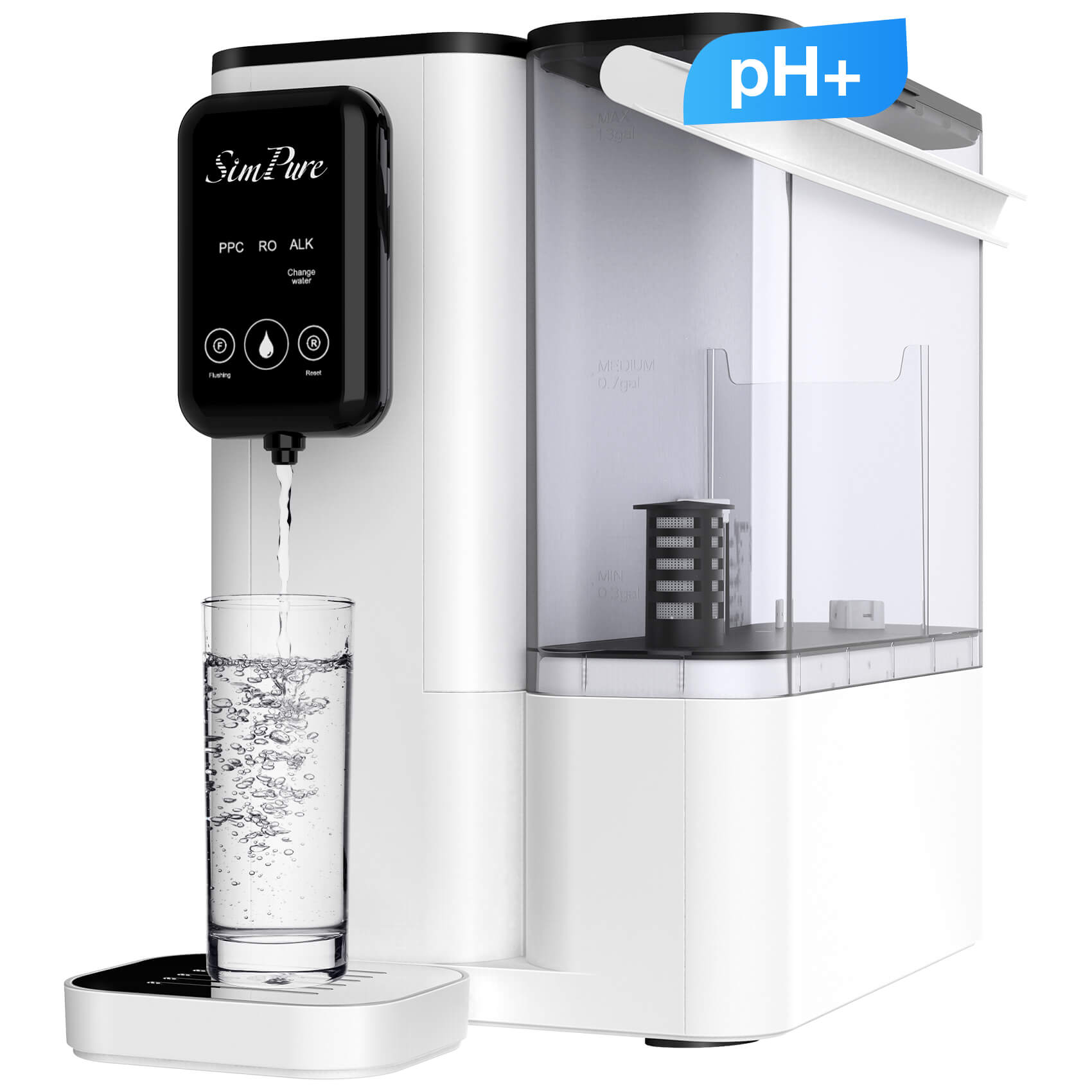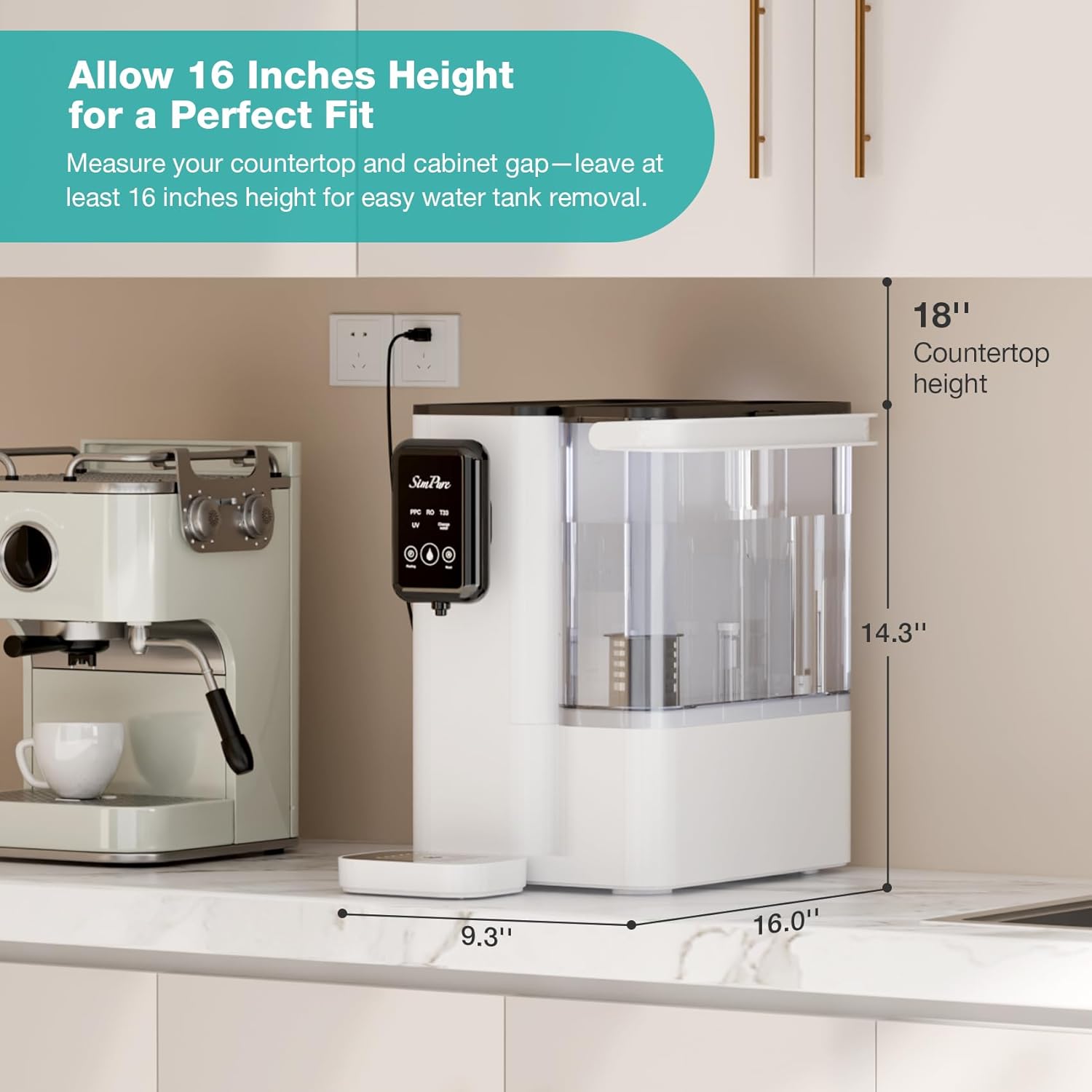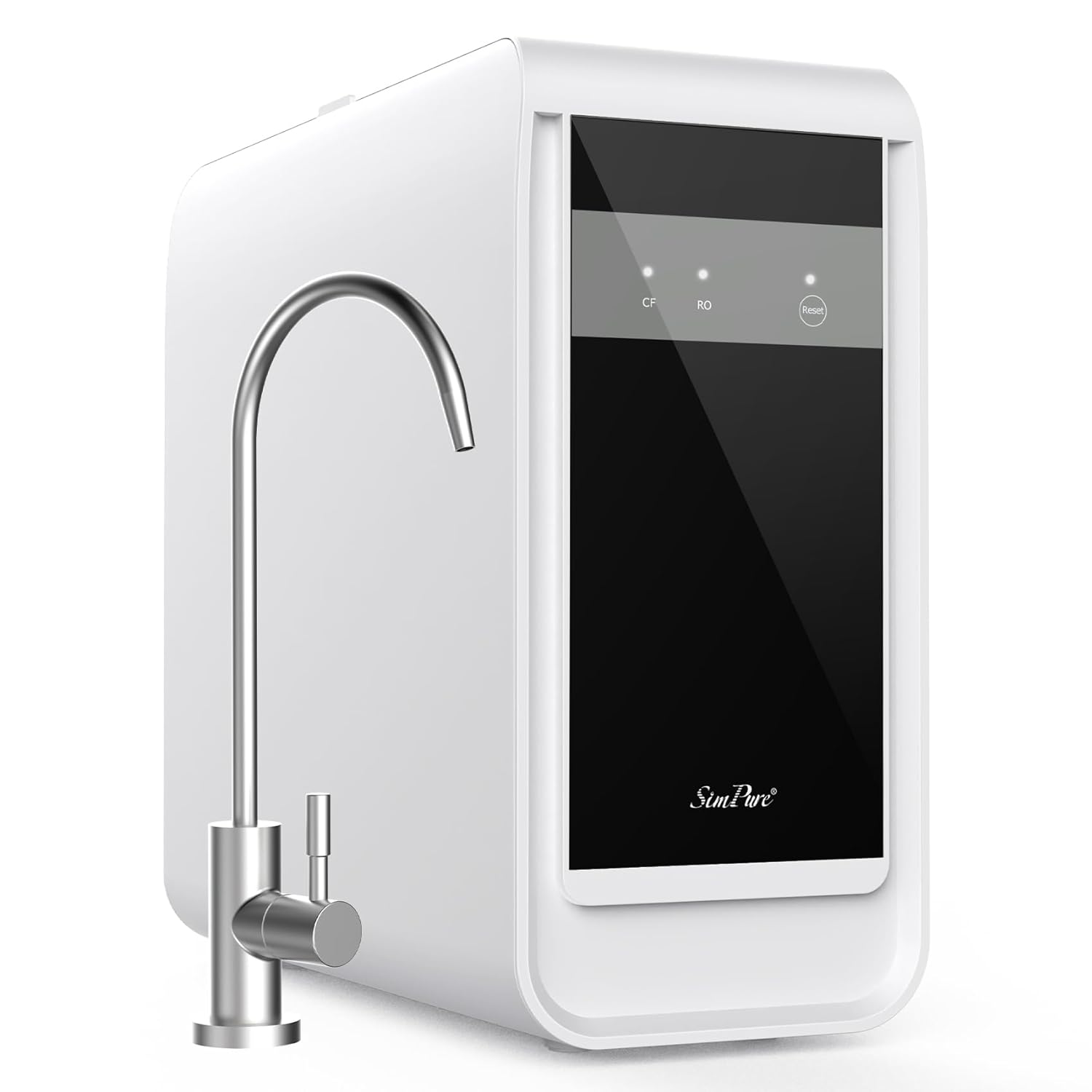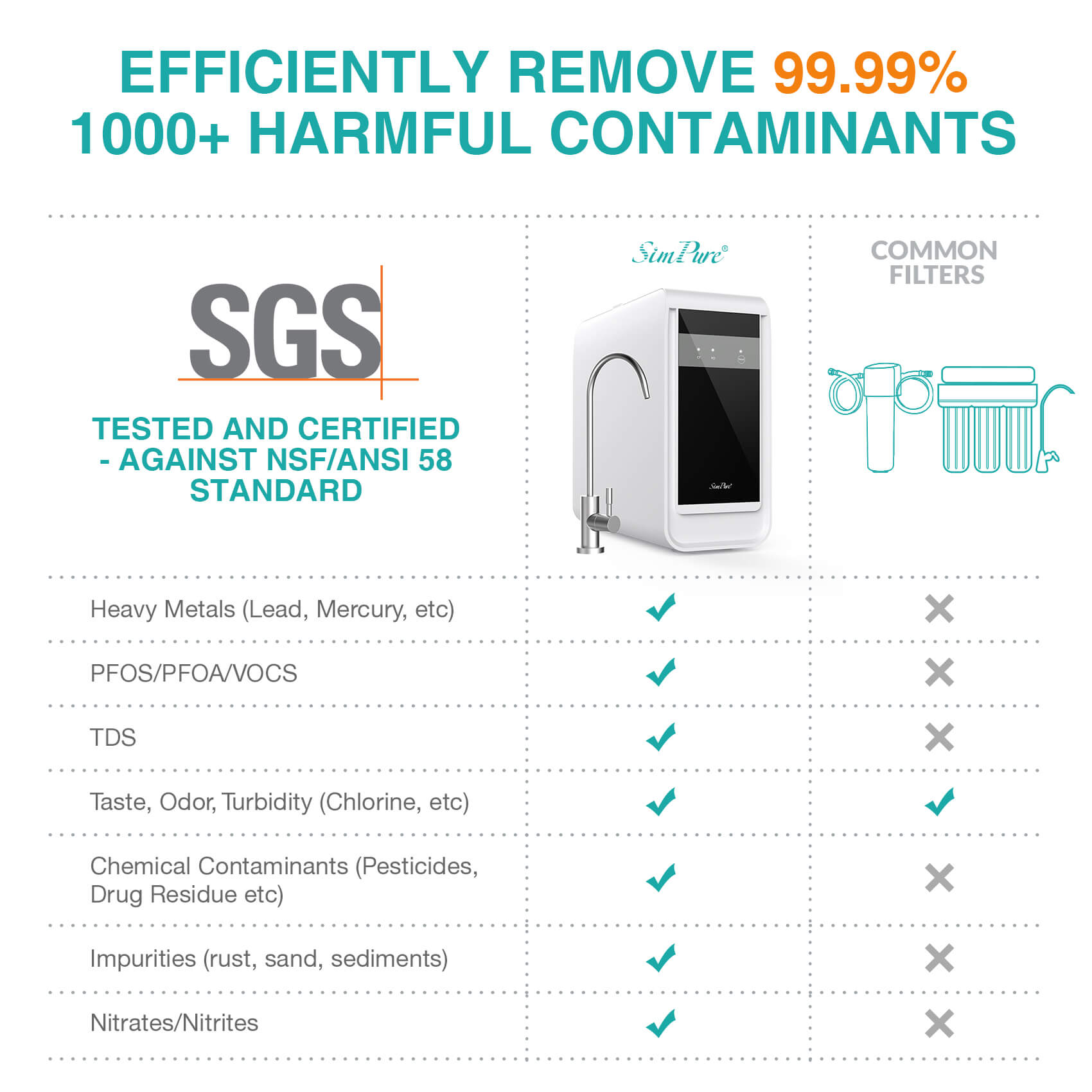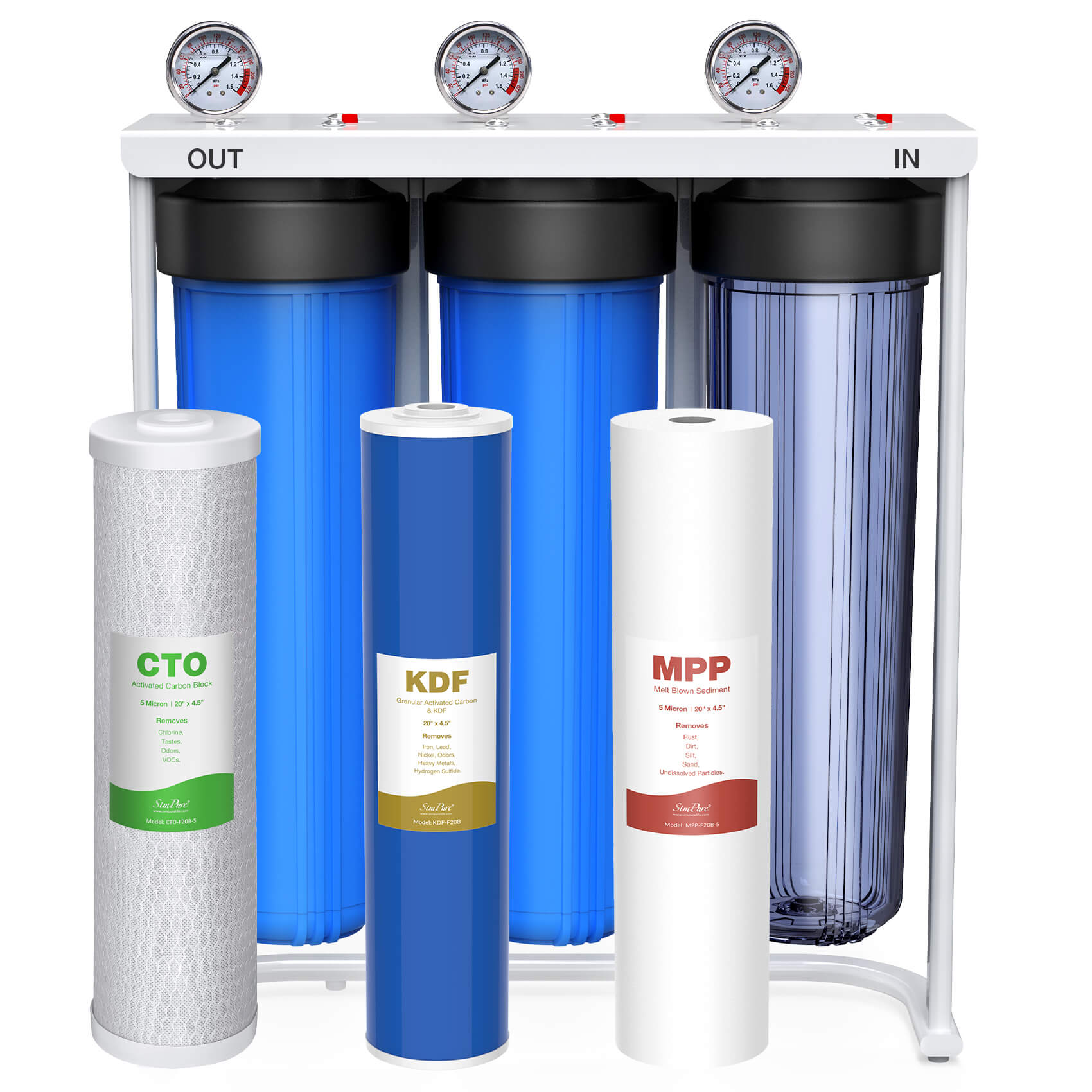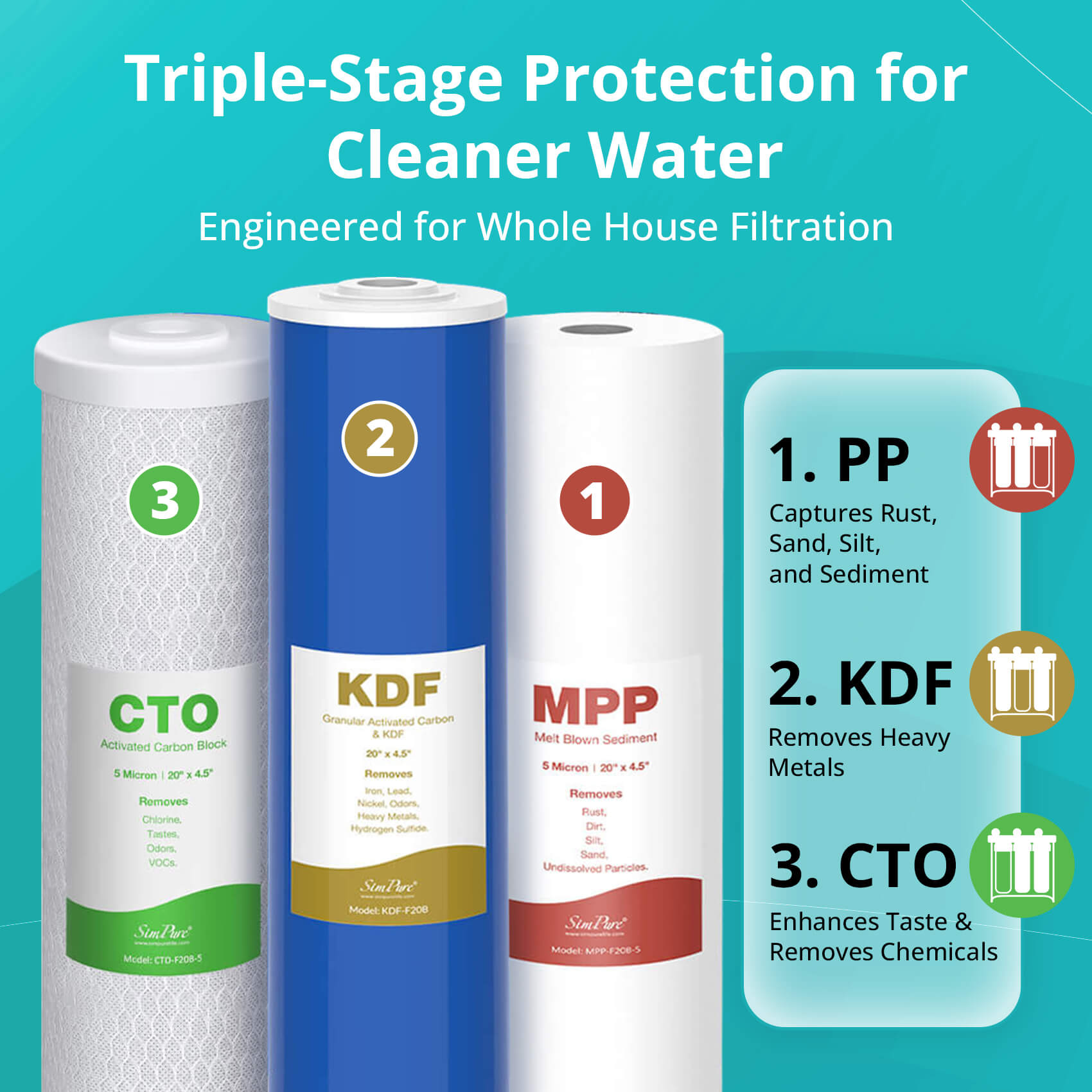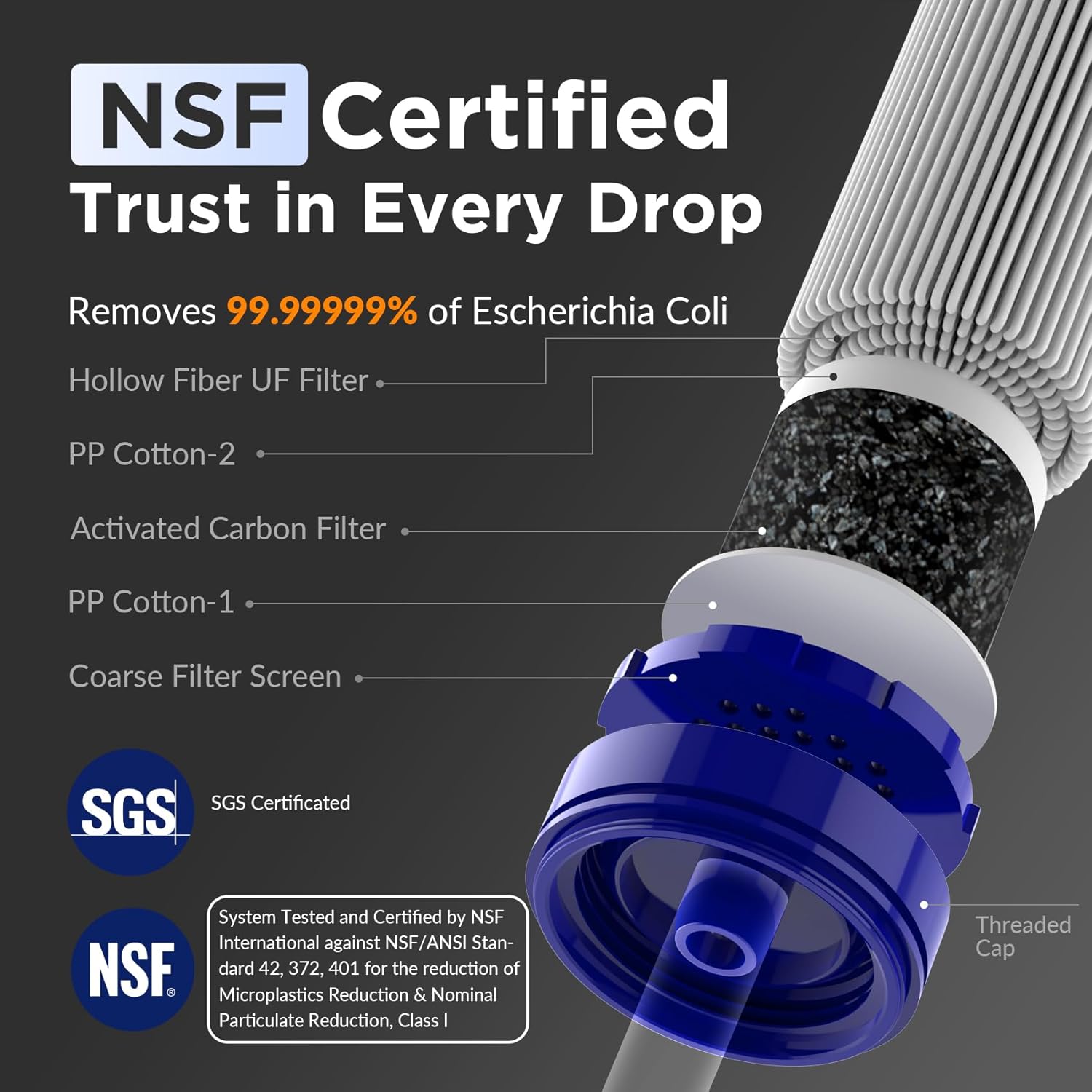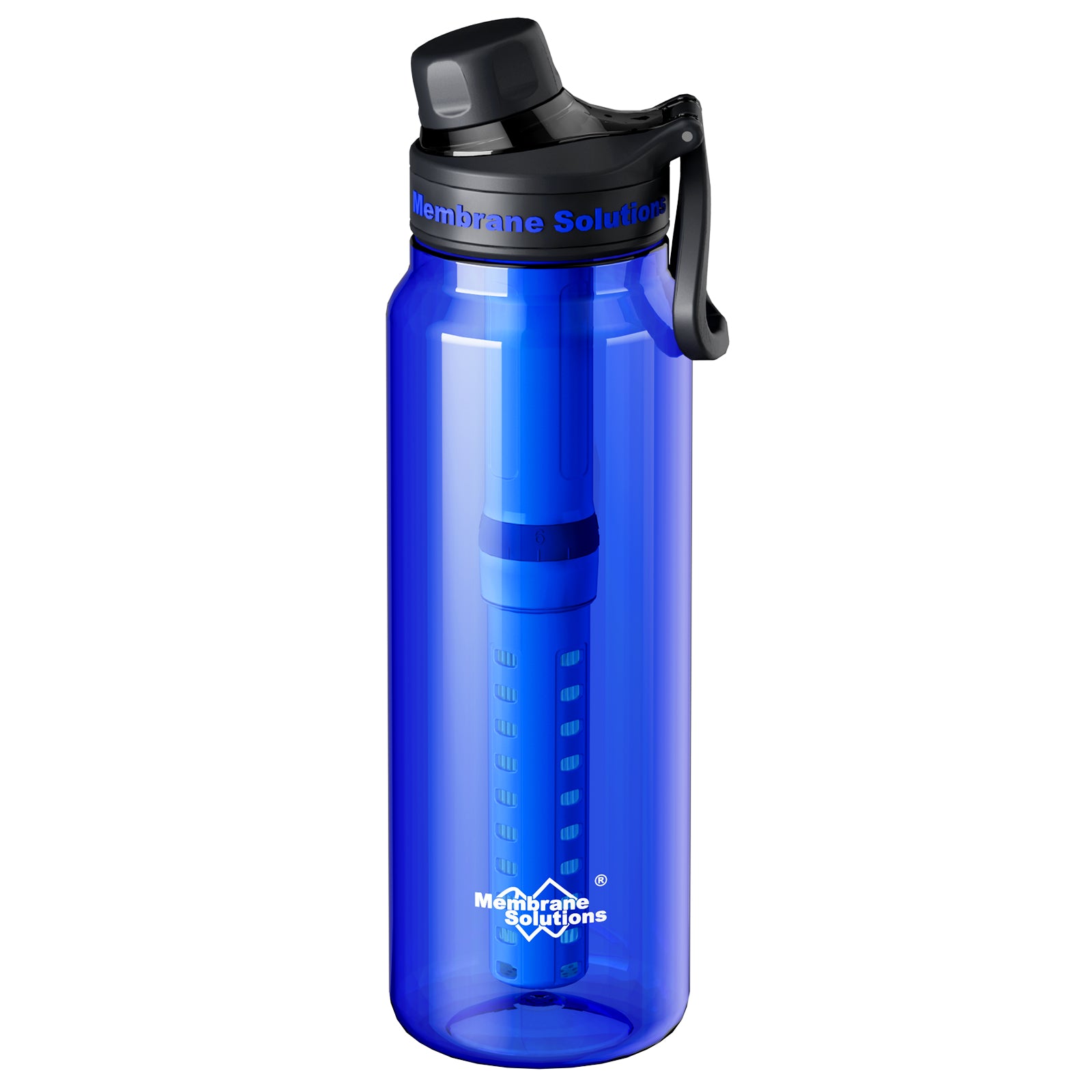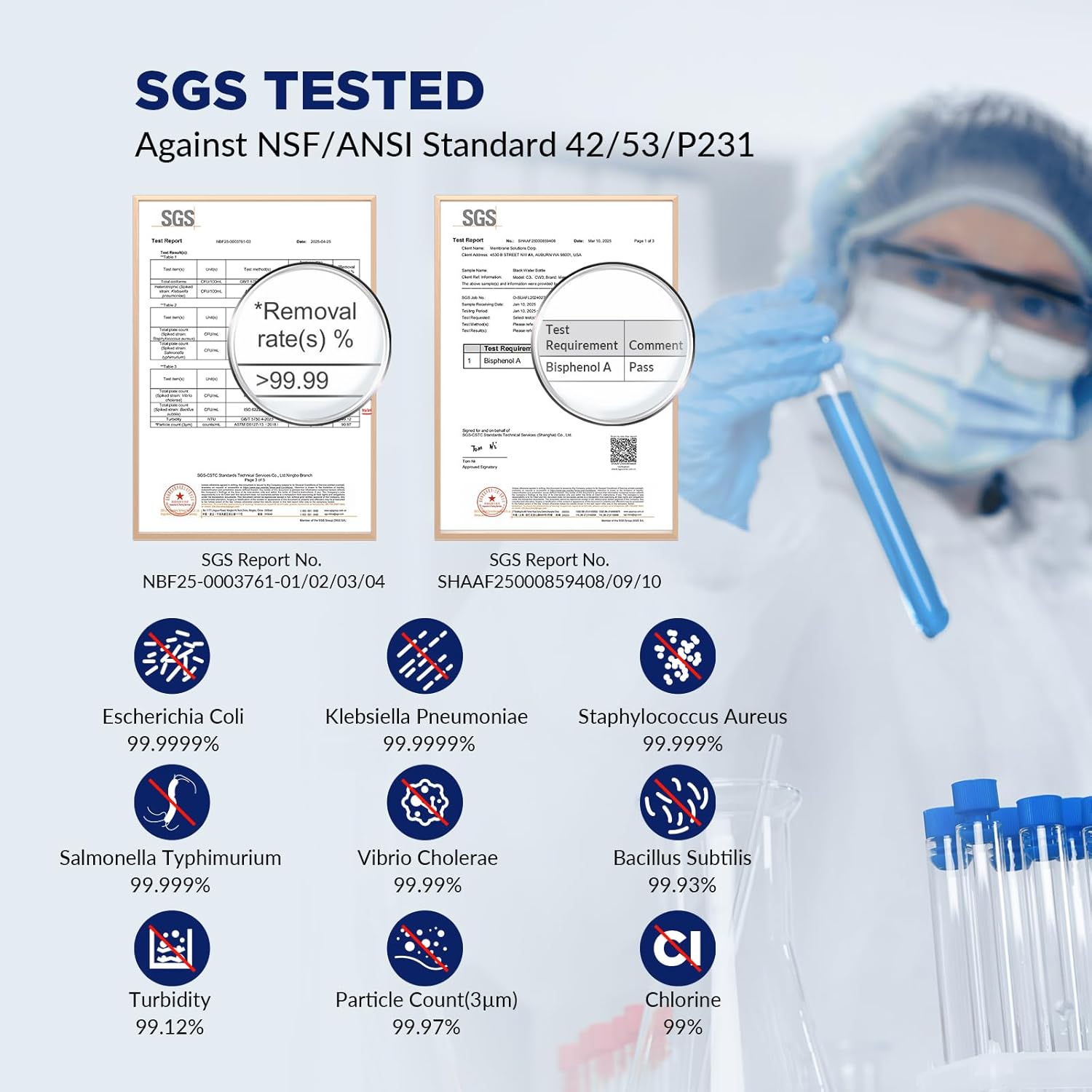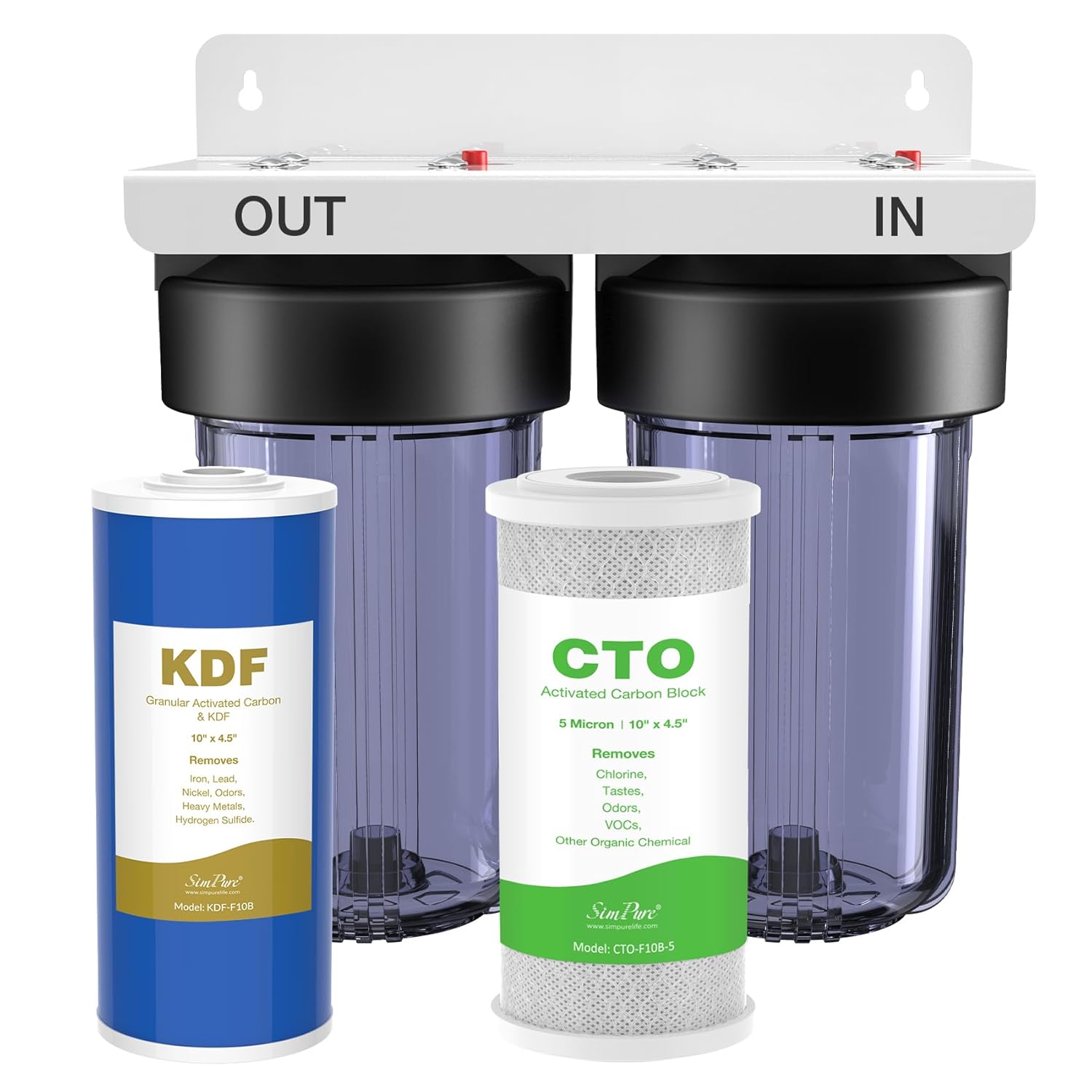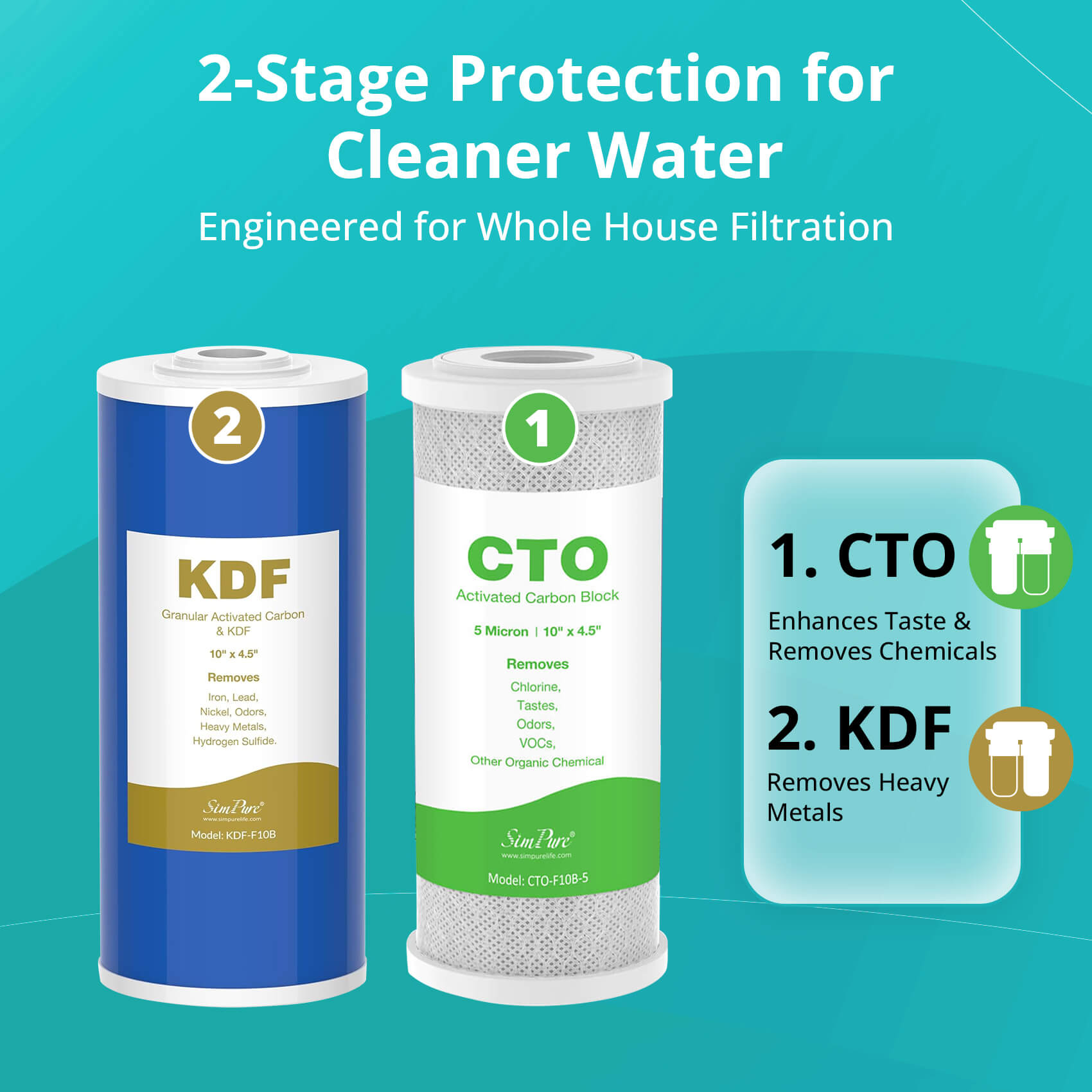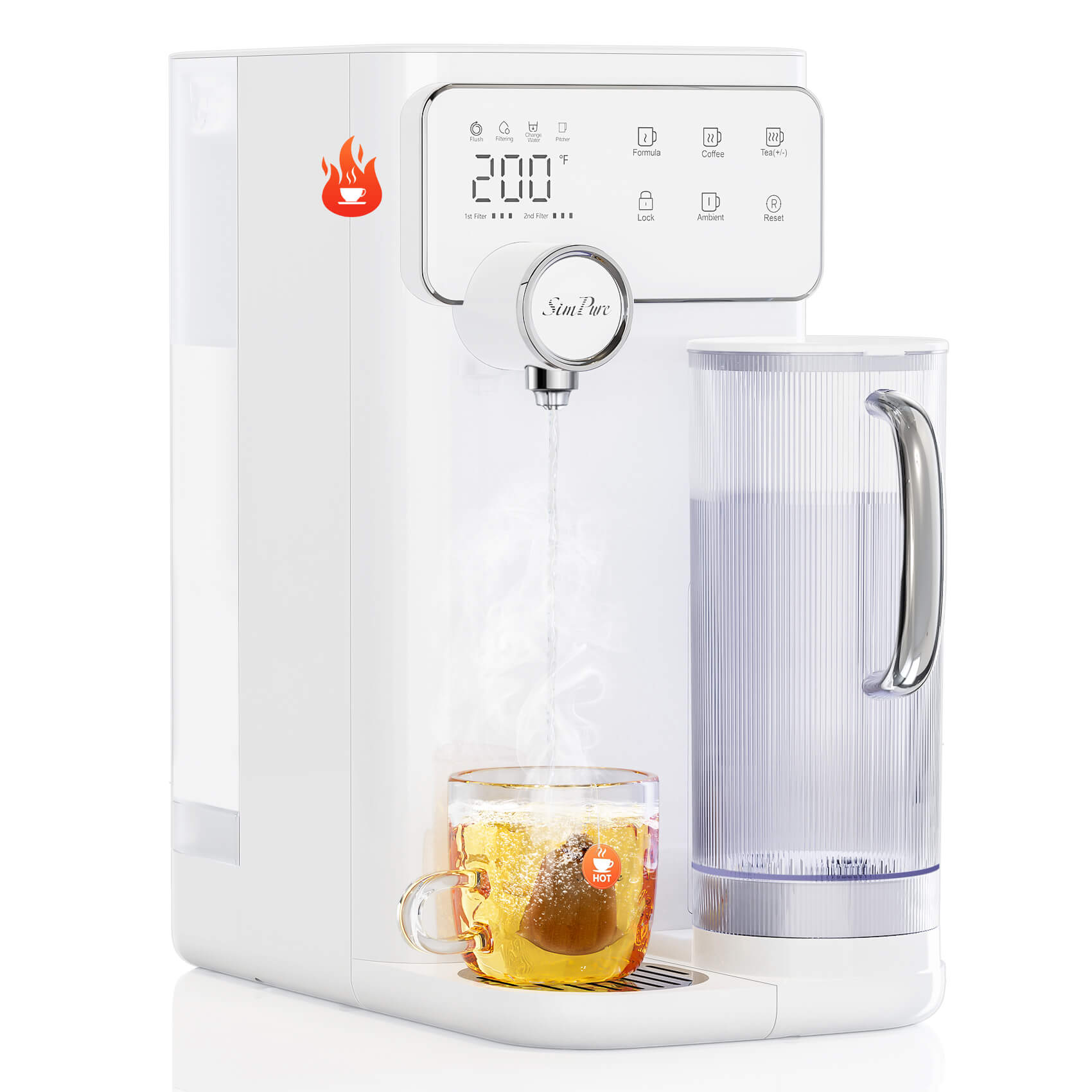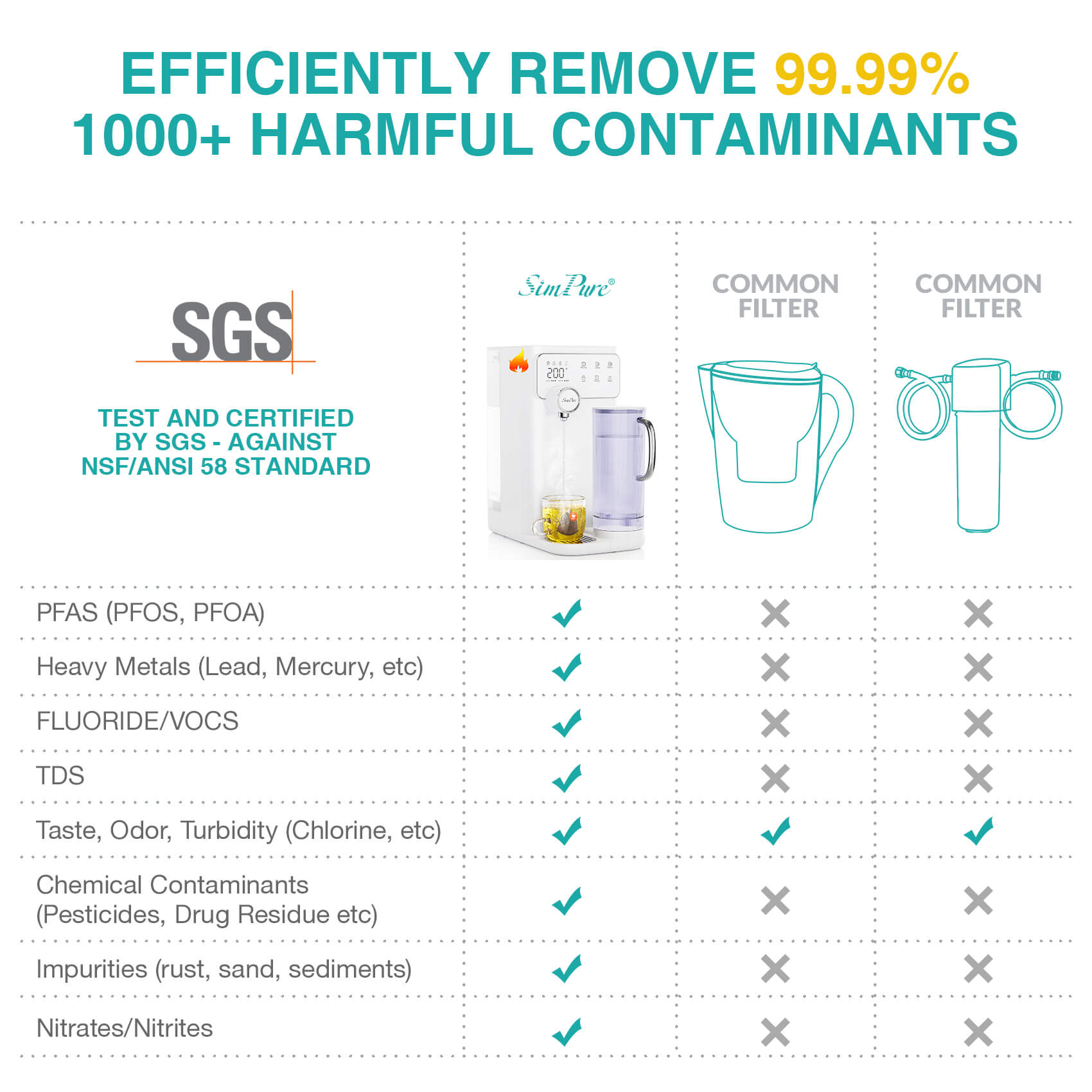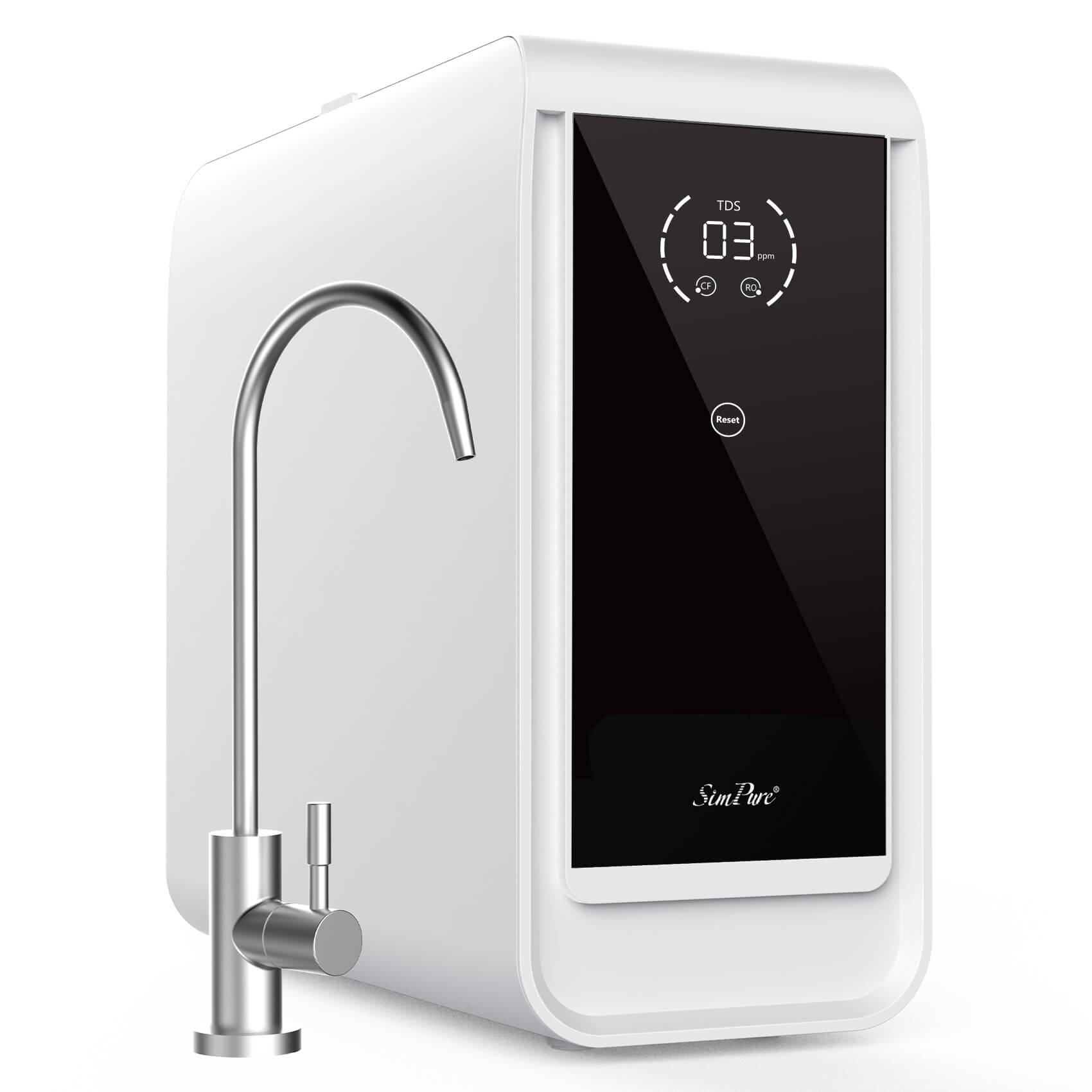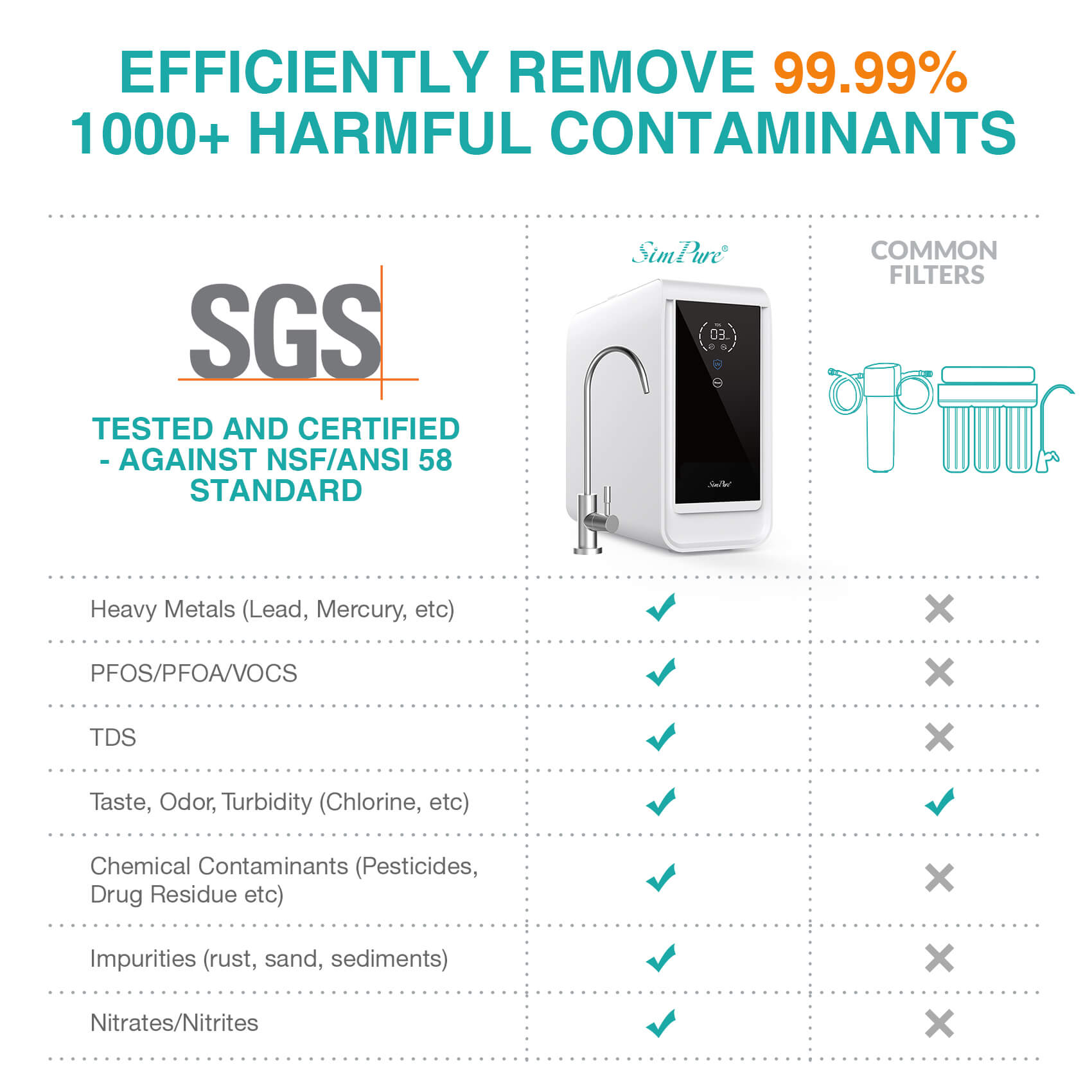When it comes to using a CPAP machine, there is often confusion about which type of water to use. Can you use tap water in a CPAP, or is it better to use distilled or reverse osmosis water? Furthermore, which type is recommended and which should be avoided? We understand that this is a common concern among CPAP users, which is why we have written this article to provide clarity and help you choose the best water for your CPAP machine based on your specific requirements.
Can You Use Tap Water in a CPAP?

No, it is not recommended to use tap water in a CPAP machine. Tap water can contain impurities, minerals, and chemicals that can potentially harm the machine and lead to respiratory issues for the user. According to new research from the Centers for Disease Control and Prevention (CDC), you should avoid using tap water in your home medical equipment, such as humidifiers and continuous positive airway pressure (CPAP) machines. Tap water, which the CDC classifies as "undisinfected water," contains a variety of pathogens that can cause waterborne illnesses if inhaled. Here are some possible problems with using tap water in a CPAP machine:
1. Health Problems
Tap water can contain bacteria, viruses, mold, and other contaminants that can be inhaled into the lungs and cause respiratory infections. This is a serious health concern for people using CPAP machines. In addition, tap water may contain chemical substances, such as chlorine, arsenic, lead, etc., which may be harmful to human health. For example, chlorine can cause skin and eye irritation, and long-term exposure may increase the risk of cancer.
2. Maintenance Issues
Tap water contains a lot of mineral deposits and microorganisms, such as calcium and magnesium, these pollutants will leave scale inside the machine and increase maintenance costs. And this scale can affect the performance of the machine and lead to more frequent maintenance.
3. Sleep Problems
Using tap water for humidification may cause discomfort in the nose, throat, and lungs, affecting the user's sleep quality. This is mainly because chlorine and other substances contained in tap water have a certain stimulating effect on the air passage. Specifically, the chlorine will be oxidized and decomposed into some harmful substances, such as chloroform, etc., which may cause irritation and inflammation to the airway, causing users to feel discomfort such as dry throat and difficulty breathing, thus affecting the user's sleep quality.
4. Economic Issues
Although the cost of using tap water for humidification is low, it may cause problems such as pollution and blockage inside the machine, which will increase the maintenance and replacement costs of the machine, which is not cost-effective in the long run.
Given the above risks, when you consider can you use tap water in a CPAP, remember that it is not recommended to use tap water in CPAP humidifier.
Then Can You Use Distilled Water in a CPAP?
Yes, you can use distilled water in a CPAP machine as it is free from impurities and minerals that can potentially harm the machine or the user's respiratory system.
Distilled water removes impurities and ions from water by heating and evaporating the water, then condensing the water vapor back into a liquid state. Why do you use distilled water in a CPAP machine? The distillation process can remove most microorganisms, heavy metals, dissolved inorganic salts, and organic matter, and can obtain very pure water. This is what makes distilled water an excellent choice for any environment that requires a sterile environment, such as in a medical clinic, laboratory, or your CPAP humidifier!
Can You Use Reverse Osmosis Water in CPAP?
Yes, reverse osmosis water is a safe alternative to your CPAP machine!
Reverse osmosis water is separated from ions and microorganisms in water driven by water pressure through a semi-permeable membrane. It can effectively remove impurities, salt, and other pollutants in water, so as to obtain high-quality pure water. In a reverse osmosis system, water is pushed through a series of semi-permeable membrane filters that allow only water molecules to pass through, but not salt and other impurities. Water molecules will pass through the filter into the inside of the RO membrane, and then through a natural force called "osmotic pressure", the water molecules will be forced to flow through the RO membrane, leaving behind most of the salt and impurities. In this way, the output water will be high-quality pure water that can be used in a CPAP machine.
Comparison: RO Water VS Distilled Water for CPAP
Now that we know the answer to the question can you use tap water in a CPAP machine is no, we are left with the question of which type of water is best suited for your CPAP machine. In general, both reverse osmosis water and distilled water are suitable options, but there are differences between the two.
1. Different Preparation Method
Reverse osmosis water is obtained by filtering tap water through a reverse osmosis membrane, which is capable of filtering out most impurities and microorganisms in the water, resulting in relatively pure water.
Distilled water is obtained by heating tap water to a boil, then collecting the vapor and condensing it into a liquid, removing impurities and microorganisms.
2. Different Purity Level
Because reverse osmosis membranes cannot filter out some small molecule organic compounds, such as volatile organic compounds (VOCs), reverse osmosis water may contain some chemicals. These chemicals may cause an allergic reaction or discomfort to some users. On the other hand, distilled water is relatively purer because it completely removes impurities and microorganisms from the water. However, preparing distilled water requires more energy and time and is therefore more expensive.
In general, distilled water is purer than reverse osmosis water, but the cost of preparing distilled water is high and the operability is high. And reverse osmosis water is usually more readily available and more economical than distilled water. If cost and availability are more of your concern, reverse osmosis water is an option. You can get RO water though SimPure reverse osmosis system.
In conclusion, can you use tap water in a CPAP? The answer is of course no. Tap water contains a lot of viruses and impurities that can pose some health risks to your body through CPAP machine. However, you can choose reverse osmosis water or distilled water with higher purity according to your own needs, which will prolong the service life of the machine and improve the quality of sleep apnea treatment. You'll wake up with less congestion and get the deep sleep you so desperately need!
Recommended Reading on Tap Water:
Is Tap Water Safe for Cats?
Why Is My Tap Water Bubbly?
How to Declorinate Tap Water?
How to Make Tap Water Taste Better?



